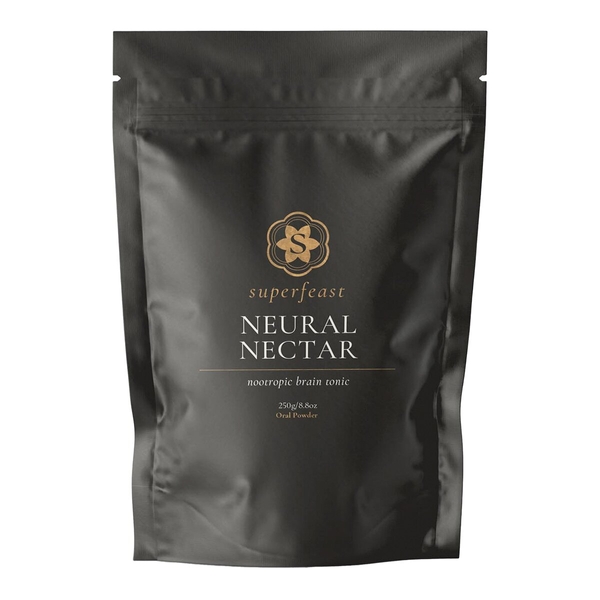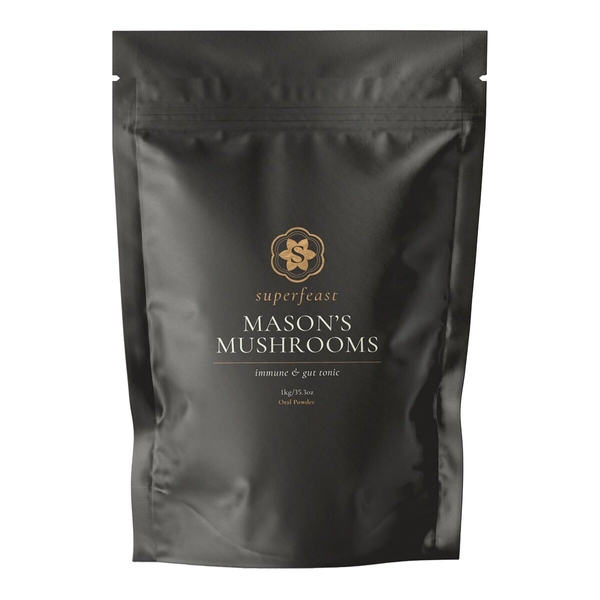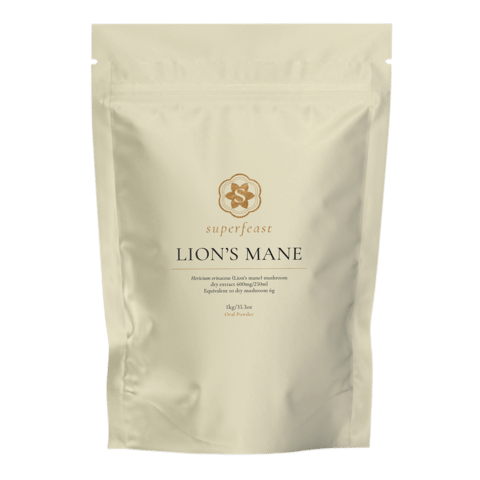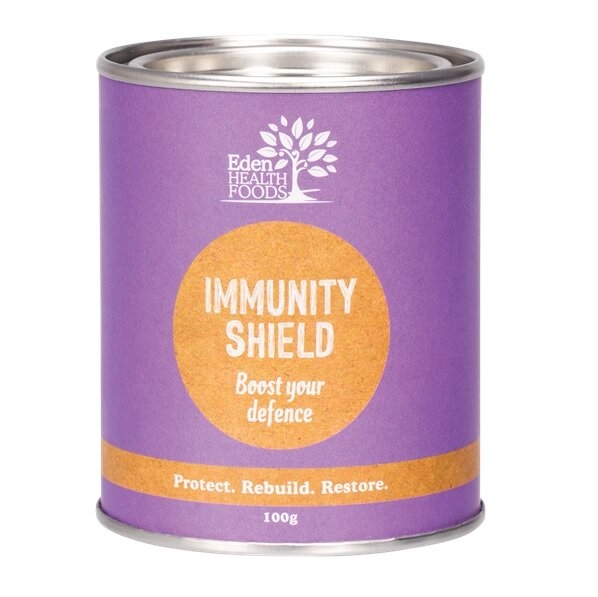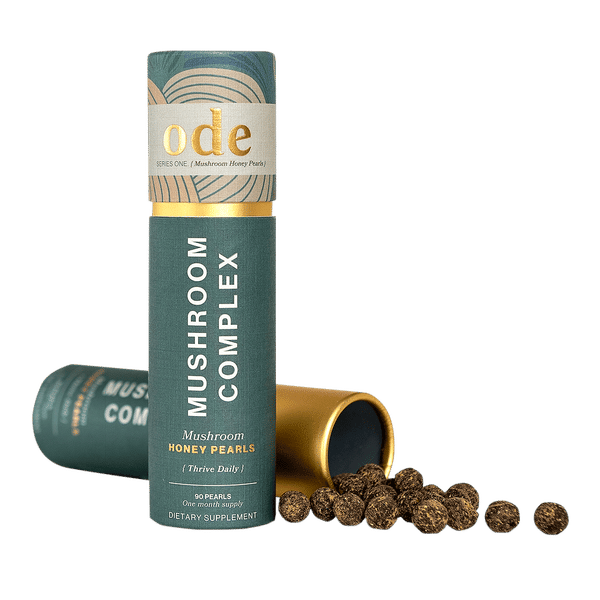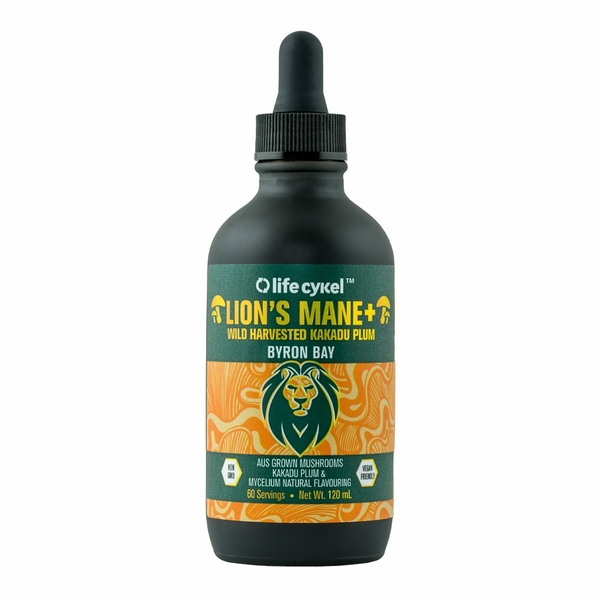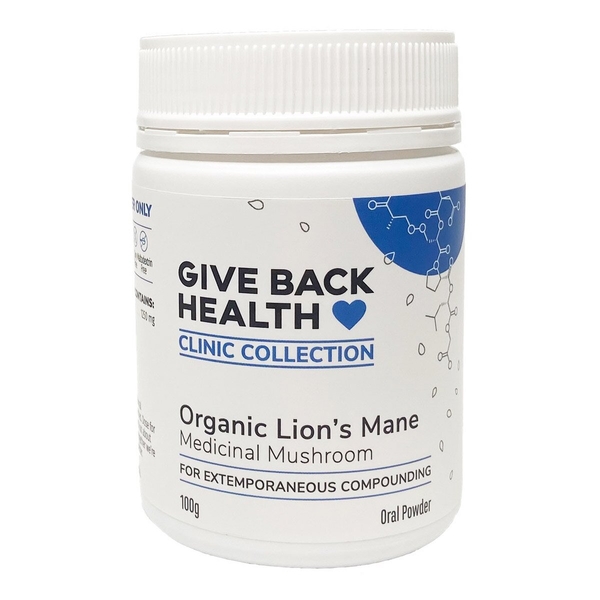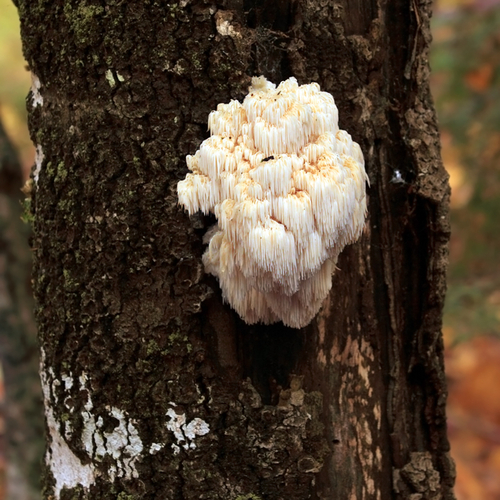
Background
Lion's mane mushroom might improve nerve development and function. It might also protect nerves from becoming damaged. It also seems to help protect the lining in the stomach.
People use lion's mane mushroom for Alzheimer disease, dementia, stomach problems, and many other conditions, but there is no good scientific evidence to support these uses. There is also no good evidence to support using lion's mane mushroom for COVID-19.
Safety Safety definitions
When applied to the skin: There isn't enough reliable information to know if lion's mane mushroom is safe when applied to the skin or what the side effects might be.
Special Precautions & Warnings:
Pregnancy and breast-feeding: There isn't enough reliable information to know if lion's mane mushroom is safe to use when pregnant or breast-feeding. Stay on the safe side and avoid use.Auto-immune diseases such as multiple sclerosis (MS), lupus (systemic lupus erythematosus, SLE), rheumatoid arthritis (RA), pemphigus vulgaris (a skin condition), and others: Lion's mane mushroom might cause the immune system to become more active, and this could increase the symptoms of auto-immune diseases. If you have one of these conditions, it's best to avoid using lion's mane mushroom.
Bleeding conditions: Lion's mane mushroom might slow blood clotting. This might increase the chances of bruising and bleeding in people with bleeding conditions.
Surgery: Lion's mane mushroom might slow blood clotting and reduce blood glucose levels. This might cause extra bleeding, and interfere with blood sugar control during and after surgery. Stop using lion's mane mushroom at least 2 weeks before a scheduled surgery.
Effectiveness
Dosing & administration
Interactions with pharmaceuticals
Medications for diabetes (Antidiabetes drugs)
Interaction Rating=Moderate Be cautious with this combination.
Lion's mane mushroom might lower blood sugar levels. Taking lion's mane mushroom along with diabetes medications might cause blood sugar to drop too low. Monitor your blood sugar closely.
Medications that decrease the immune system (Immunosuppressants)
Interaction Rating=Moderate Be cautious with this combination.
Lion's mane mushroom can increase the activity of the immune system. Some medications, such as those used after a transplant, decrease the activity of the immune system. Taking lion's mane mushroom along with these medications might decrease the effects of these medications.
Medications that slow blood clotting (Anticoagulant / Antiplatelet drugs)
Interaction Rating=Moderate Be cautious with this combination.
Lion's mane mushroom might slow blood clotting. Taking lion's mane mushroom along with medications that also slow blood clotting might increase the risk of bruising and bleeding.
Interactions with herbs & supplements
Herbs and supplements that might slow blood clotting: Lion's mane mushroom might slow blood clotting and increase the risk of bleeding. Taking it with other supplements with similar effects might increase the risk of bleeding in some people. Examples of supplements with this effect include garlic, ginger, ginkgo, nattokinase, and Panax ginseng.
Interactions with foods
Products
View all products- Hericium erinaceus (Lion's mane) (mushroom)
- Echinacea angustifolia
- Astragalus membranaceus
- Sambucus nigra (fruit)
- Lycium barbarum
- Rosa canina
- Luo Han Guo (fruit) ext. (Monk fruit)
- Echinacea purpurea
- Sambucus nigra
- Glycyrrhiza glabra (root)
- Olea europaea (leaf)
- Calendula officinalis
- Origanum vulgare
- Uncaria tomentosa
- Mentha x piperita
- Thymus vulgaris
- Cola acuminata
- Foeniculum vulgare
- Inula helenium
- Asclepias tuberosa
- Achillea millefolium
- Armoracia rusticana
- Capsicum spp.
- Allium sativum
- Allium cepa
- Zingiber officinale
- Cordyceps sinensis (mushroom)
- Ganoderma lucidum (mushroom)
- Lentinula edodes (mushroom)
- Tremella fuciformis (mushroom)
- Trametes versicolor (mushroom)
- Salvia eremostachya
- Inonotus obliquus (mushroom)
- Ilex paraguariensis
- Hericium erinaceus (Lion's mane) (fruiting body) ext.
- Lepidium meyenii powder
- Tremella fuciformis (fruiting body) ext.
- Kakadu plum powder
- Vanilla planifolia (Vanilla bean)
- Pouteria lucuma (fruit) powder
- Hericium erinaceus (Lion's mane) (fruiting body)
- Water
- Alcohol
- Kakadu plum flavour


